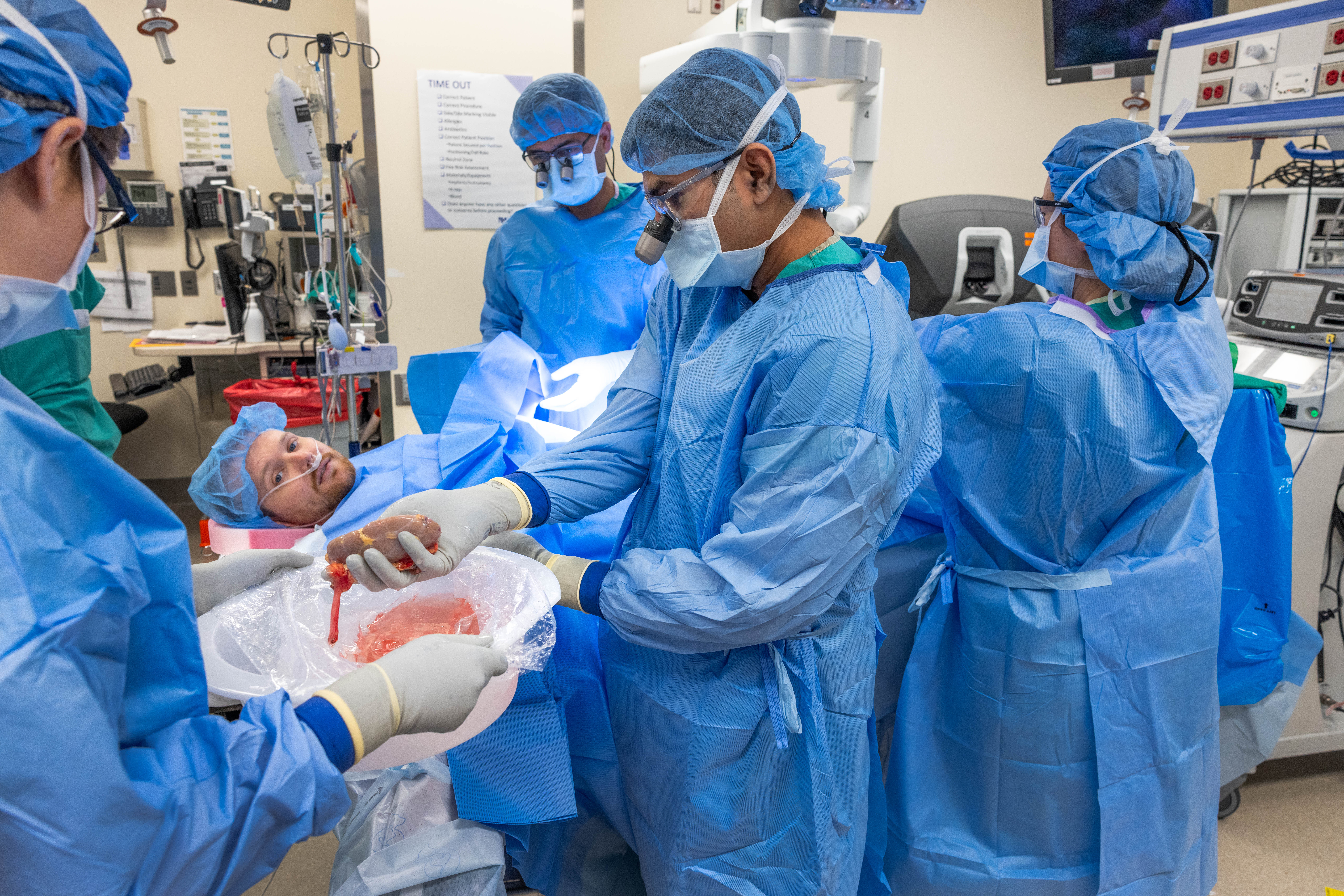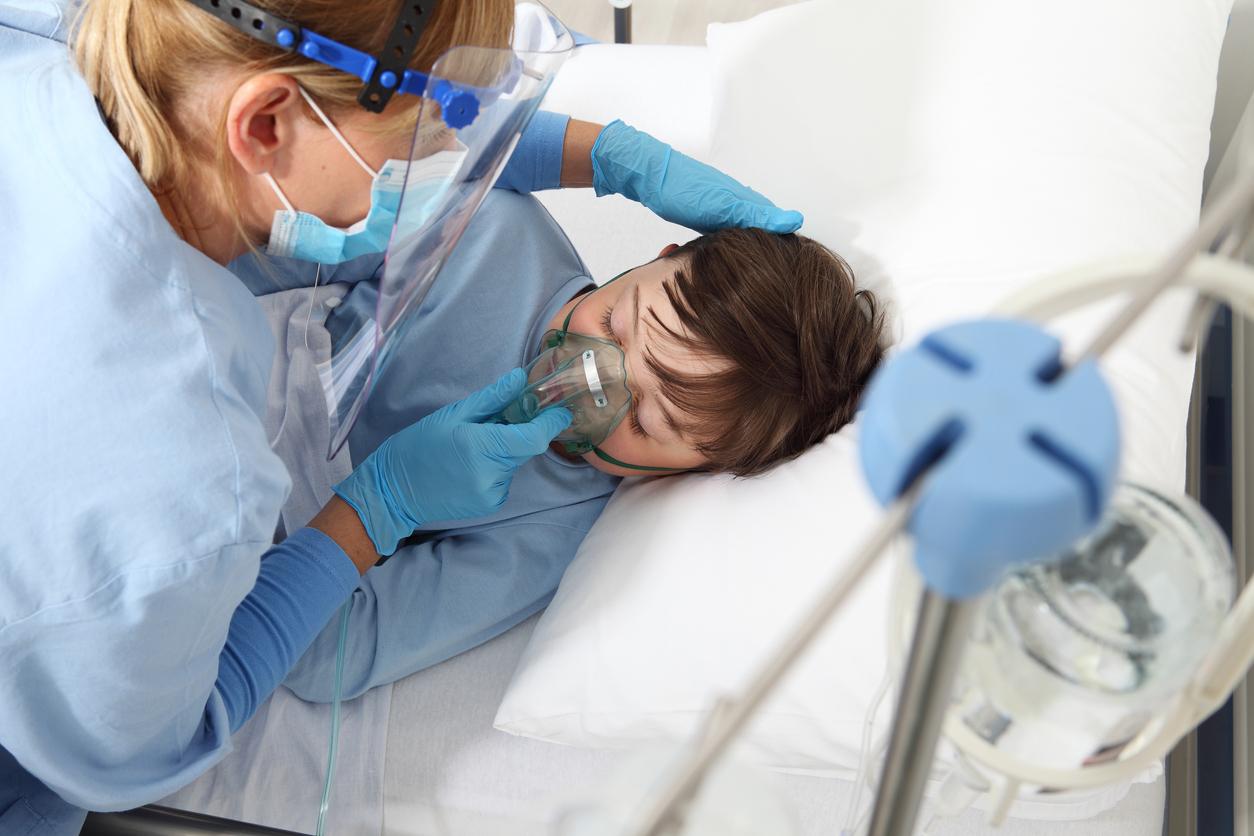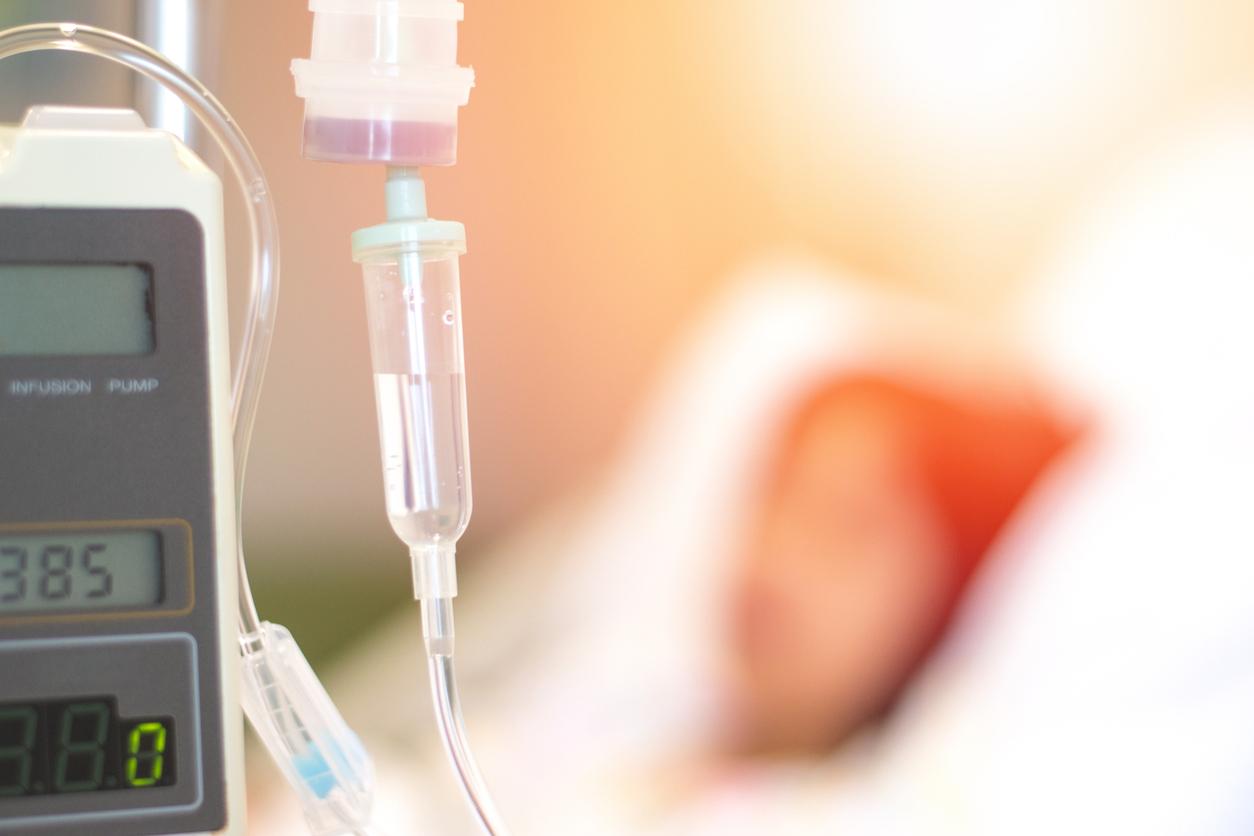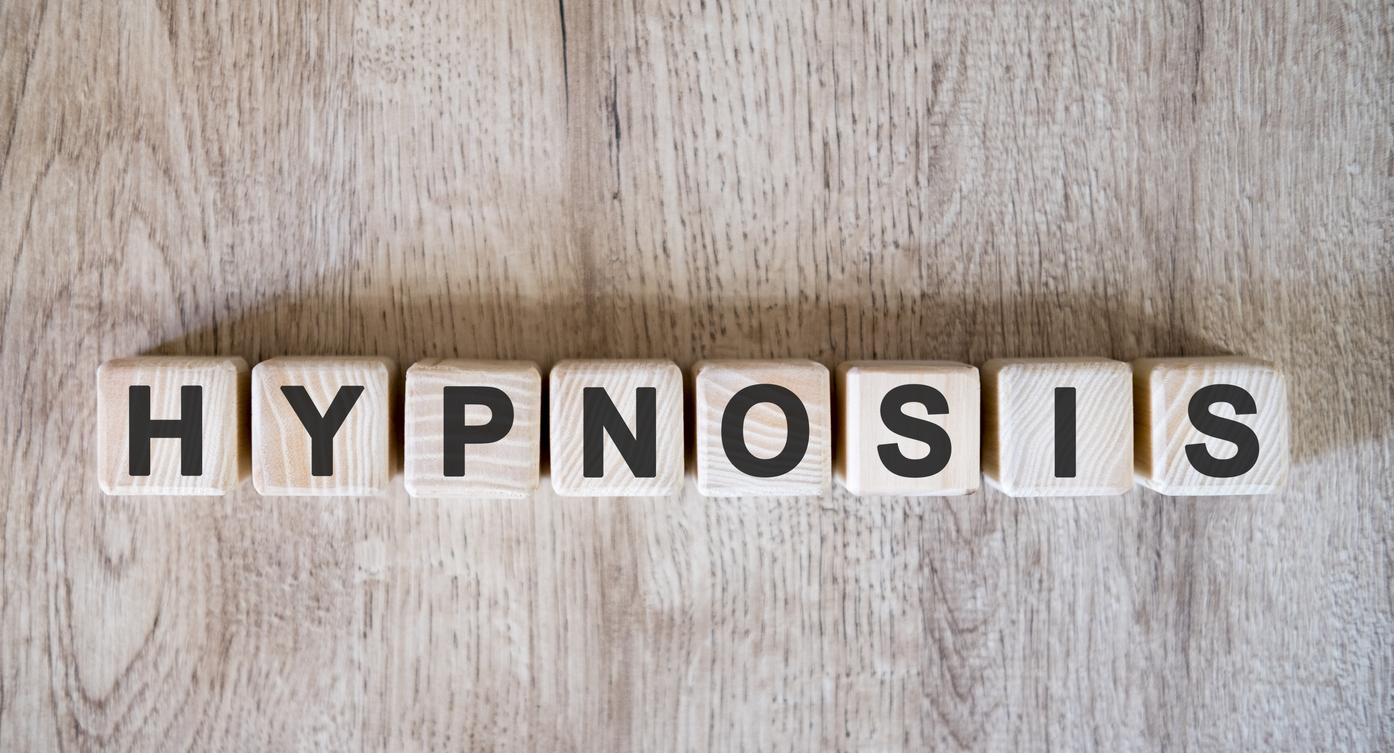Increasingly recognized, hypnosis is now widely used for pain control, anesthesia and desensitization.

Hypnosis now has its entry ticket into French hospital services, and has integrated recognized alternative medical techniques.
Since May 10 and until this Saturday, it has also been the subject of a congress in Clermont-Ferrand (Puy-de-Dôme), where general practitioners, psychiatrists and radiologists from several countries gathered at the call of the French-speaking Confederation of hypnosis and brief therapies.
But of what use is this placing in an altered state of consciousness, and in what cases is it officially recognized? In a report in 2015 at the Directorate General for Health, the National Institute for Health and Medical Research (Inserm) identified three recognized applications.
Hypno-analgesia
It can be used for pain management. This is hypno-analgesia, which helps control the symptoms of certain diseases, sometimes with more convincing results than standard treatments.
In irritable bowel syndrome, for example, it helps reduce abdominal pain in patients.
Surgery
But it is above all in addition to anesthesia that its effectiveness is best recognized. At the dentist, for biopsies or termination of pregnancy, it is used to perform surgeries without general anesthesia. The Institut Curie (Paris) has been using it since 2011 in the treatment of breast cancer.
“Hypno-sedation is possible in surgeries for which current techniques allow sufficient analgesia,” summed up Dr Aurore Marcou, anesthesiologist at the Institut Curie in 2015. It combines analgesia of the operated area, intravenous sedation and mobilization of consciousness through hypnosis. This technique is there to avoid using hypnotics; this allows surgery to be awake, but to place the consciousness in a place of serenity for the comfort of the patient. “
A special form of hypnosis, EMDR, is also shown to be more effective than traditional psychotherapy in the treatment of post-traumatic stress disorder. Used as part of cognitive behavioral therapy, this method allows a positive thought to be associated with a negative event. It improves symptoms from the first session.
Practices to be supervised
Hypnosis therefore works well, at least for these applications. And it has, in addition, two significant advantages: it limits the use of drugs, and gives very few identified side effects.
It remains to better supervise training and practices, to limit them to recognized and scientifically proven indications. “There are very strict ethical rules, except that the teaching of hypnosis is random,” had declared to Why actor Bruno Falissard, research director at Inserm, at the time of publication of the report. There is a dark spot to correct, as with most so-called unconventional treatments. However, if we pay attention to these ethical aspects, these undesirable effects remain very low. “
.

















